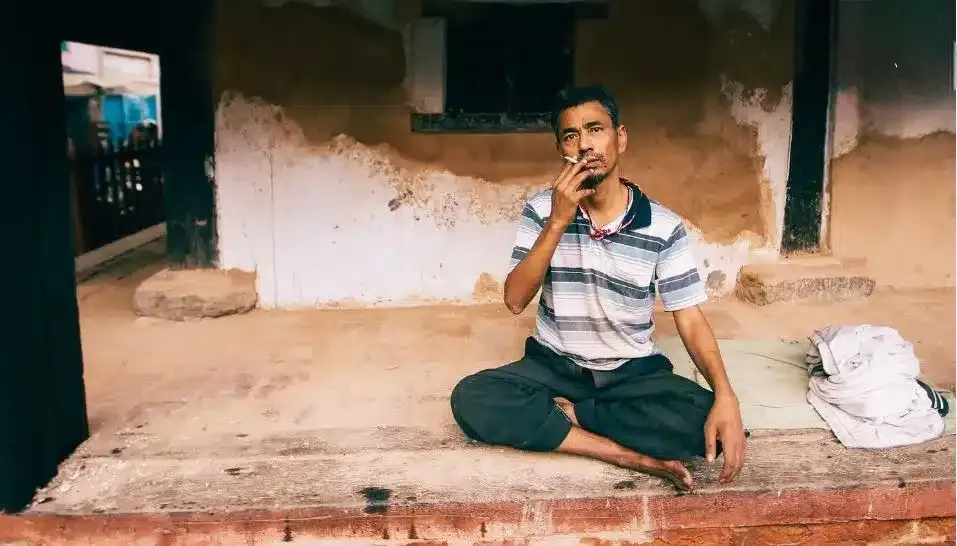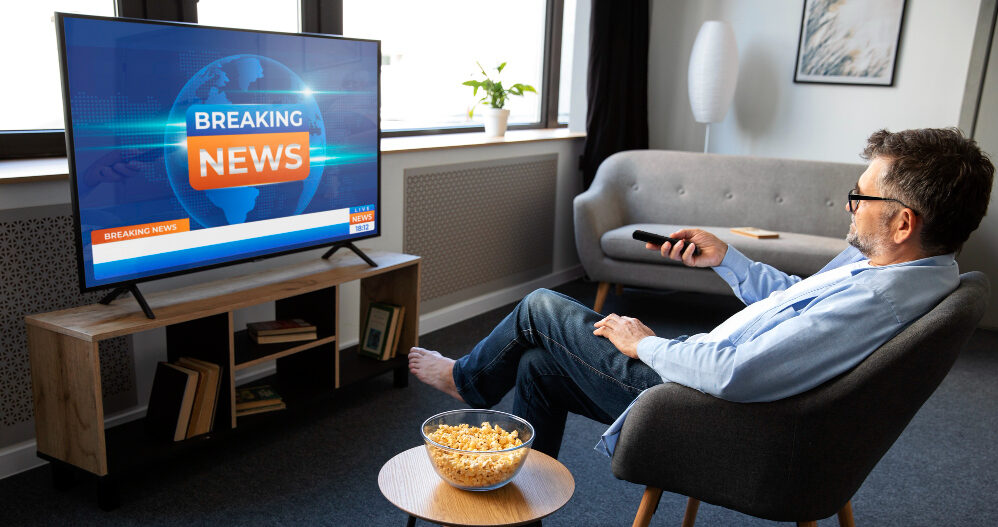SEERS is a fictitious disease created for a pandemic-simulating exercise that was held in Brussels, Belgium, in October 2022.
The next pandemic will hit us in 2025, claim several social media posts on Facebook, Instagram and TikTok. The videos warn that an infection called Severe Epidemic Enterovirus Respiratory Syndrome (SEERS) will cause a public health crisis like COVID-19, and that this has been planned by US business magnate and philanthropist Bill Gates.
Incidentally, during the COVID-19 pandemic too, various social media posts had claimed that Bill Gates had planned the outbreak. However, there was no truth in any of those allegations.
The current allegations are similarly baseless. SEERS is a fictitious disease created for a pandemic-simulating exercise that was held in Brussels, Belgium, in October 2022. Catastrophic Contagion, the pandemic preparedness training, was hosted by the Johns Hopkins Center for Health Security, in partnership with the World Health Organization (WHO), and the Bill & Melinda Gates Foundation.
In this fictional scenario, a pandemic involving a new enterovirus would begin in South America in 2025 and rapidly spread, primarily affecting children and adolescents. The YouTube video has been taken out of context to claim that Bill Gates and the WHO are planning the next pandemic – scheduling the exact place and date for it!
A similar tabletop exercise known as Event 201 that simulated a coronavirus pandemic had taken place just a few months before the first COVID-19 cases were reported. That prompted baseless claims about the pandemic being planned.
Tabletop or preparedness exercises are not new. These fictional scenarios help experts to prepare, test their response capabilities, and identify areas of improvement in the event of an outbreak of disease. They don’t prove that authorities are conspiring to make such calamities happen.
Don’t let social media spread fear and panic. Trust facts. Stay informed with First Check.
(The author is a First Check member, biologist & writer based in Philippines.)
















